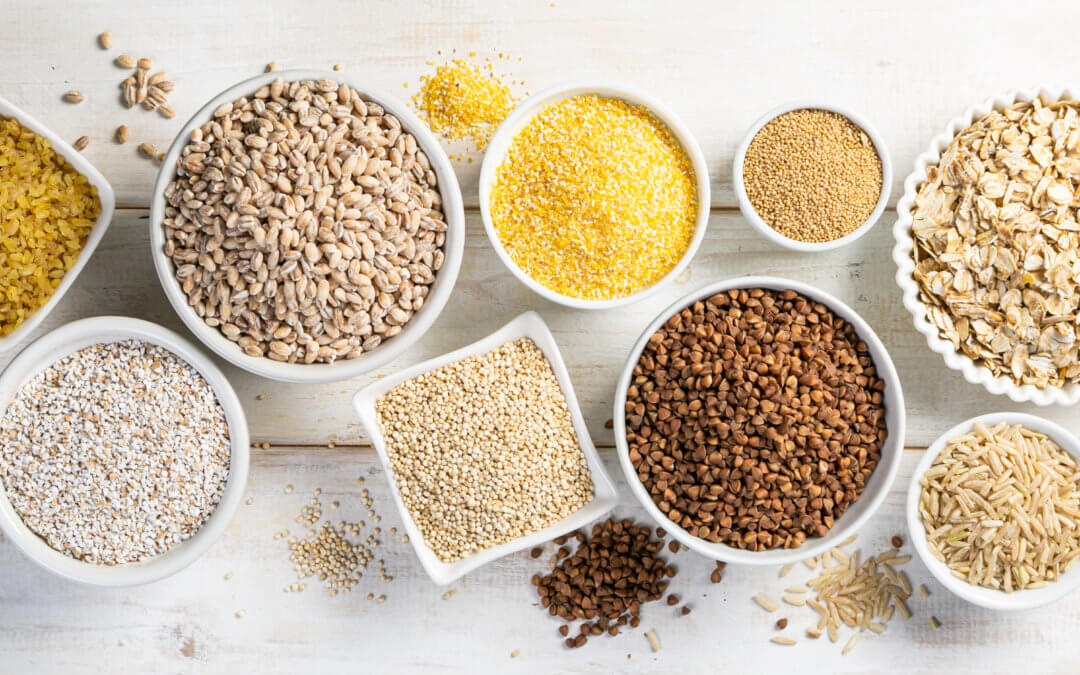Alyson Edelstein Page, DNP
Food preparation and meal planning is certainly a science before it becomes an art. It takes time and considerable effort to feel comfortable creating healthy meals. One nutritional concept that people struggle with is whether or not they should eat grains. While, we recognize grains can have significant nutritional value, people often feel better by avoiding them. For people who want to avoid modern grains, it may feel like food options are bleak.
Especially important for vegetarians and vegans are Ancient Grains. According to the Whole Grains Council, they are defined loosely as grains that are largely unchanged over the last several hundred to thousand years. Ancient grains are fundamentally different than modern grains because they have never been processed through hybridization or genetic modification, and thus may not have the inflammatory and GI disrupting effects of modern grains, such as wheat, corn, and rice.
Ancient grains are considered more nutrient dense than grain products (like white and wheat flour products which are processed, and often covered in pesticides). They tend to be rich in amino acids, magnesium, copper, zinc, B-vitamins, and antioxidants. According to the Whole Grains Council, many ancient grains thrive with lower levels of pesticides, fertilizers, and irrigation. They can be an attractive choice to consumers who choose to shop for products which are produced in sustainable ways. Additionally, Ancient Grains increase one’s dietary fiber content, which is great for colon health.
Ancient Grains include spelt, Khorasan wheat (Kamut), freekeh, fonio, bulgur, farro, einkorn, and emmer; the grains millet, barley, teff, oats, and sorghum; and the pseudocereals quinoa, amaranth, buckwheat, and chia. Many of these grains are filled with macronutrients like protein, and can be a complete meal if combined with a healthy oil and a vegetable.
Note: All legumes, especially beans, should be soaked for 24 hours AND pressure cooked. Quinoa should be pressure cooked. These products have proteins called lectins which are inactivated by steam heat. Lectins can damage the gut lining.

